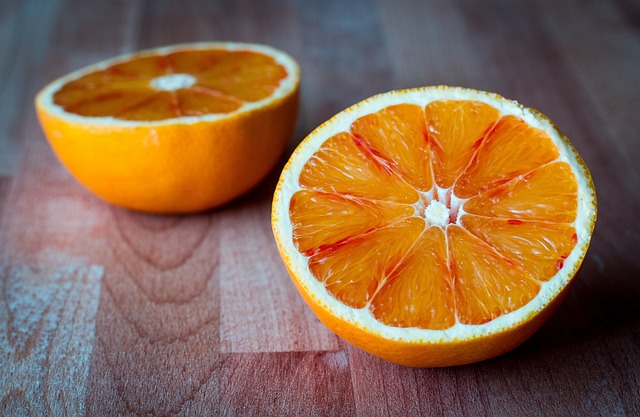Beyond Yogurt: Exploring Diverse Sources of Probiotics for Optimum Wellness
In recent years, there has been a growing awareness of the importance of gut health and the role probiotics play in maintaining it. Probiotics are live bacteria and yeasts that are beneficial for our digestive system. While yogurt has long been associated with probiotics, there are plenty of other diverse sources that can provide us with these health-promoting microorganisms for optimum wellness. Let’s explore some of these unconventional sources.
Kombucha
Kombucha is a fermented tea that is rich in probiotics. It is created by adding a culture of bacteria and yeast to sweetened tea and allowing it to ferment for a period of time. This fermentation process creates a fizzy and tangy beverage that not only tastes great but also supports digestive health. Kombucha can be found in various flavors and is an excellent alternative to sugary carbonated drinks.
Sauerkraut
Sauerkraut is a traditional fermented food made from cabbage. It is prepared by finely shredding cabbage, mixing it with salt, and then allowing it to ferment in its own juices. The fermentation process gives sauerkraut its tangy flavor and distinctive texture. Besides being a source of probiotics, sauerkraut is also high in vitamins C and K, making it a nutritious addition to your diet.
Miso
Miso is a Japanese staple, known for its umami flavor and probiotic properties. It is made by fermenting soybeans with salt and a fungus called Aspergillus oryzae. The resulting paste can be used in soups, dressings, and marinades to add depth and complexity to dishes. Miso is not only a source of probiotics but also contains essential amino acids and minerals.
Kimchi
Kimchi is a traditional Korean dish made from fermented vegetables, usually cabbage and radishes. It is seasoned with a variety of spices and fermented to create a pungent and spicy condiment. Kimchi is not only a good source of probiotics but also rich in vitamins A, B, and C. Its distinct flavors make it a versatile ingredient that can be added to stir-fries, rice bowls, or even enjoyed on its own.
Tempeh
Tempeh is a traditional Indonesian food made from fermented soybeans. It is created by culturing and fermenting cooked soybeans with a fungus called Rhizopus oligosporus. The fermentation process binds the soybeans into a firm cake-like form with a nutty flavor. Tempeh is not only a plant-based source of probiotics but also a great vegetarian protein alternative.
Kefir
Kefir is a fermented milk drink that is produced by combining milk with kefir grains, which are a mixture of bacteria and yeasts. The fermentation process produces a tangy and slightly carbonated beverage that is packed with probiotics. Kefir is a versatile ingredient that can be enjoyed on its own, blended into smoothies, or used as a base for salad dressings and dips.
Final Thoughts
While yogurt is a well-known source of probiotics, it’s important to remember that there are many other options available. Incorporating a variety of fermented foods and beverages into our diet can provide a diverse range of beneficial bacteria to support our gut health. So, why limit ourselves to just yogurt when we can explore the exciting world of kombucha, sauerkraut, miso, kimchi, tempeh, and kefir? Let’s embrace the benefits of probiotics from these diverse sources for optimum wellness.







